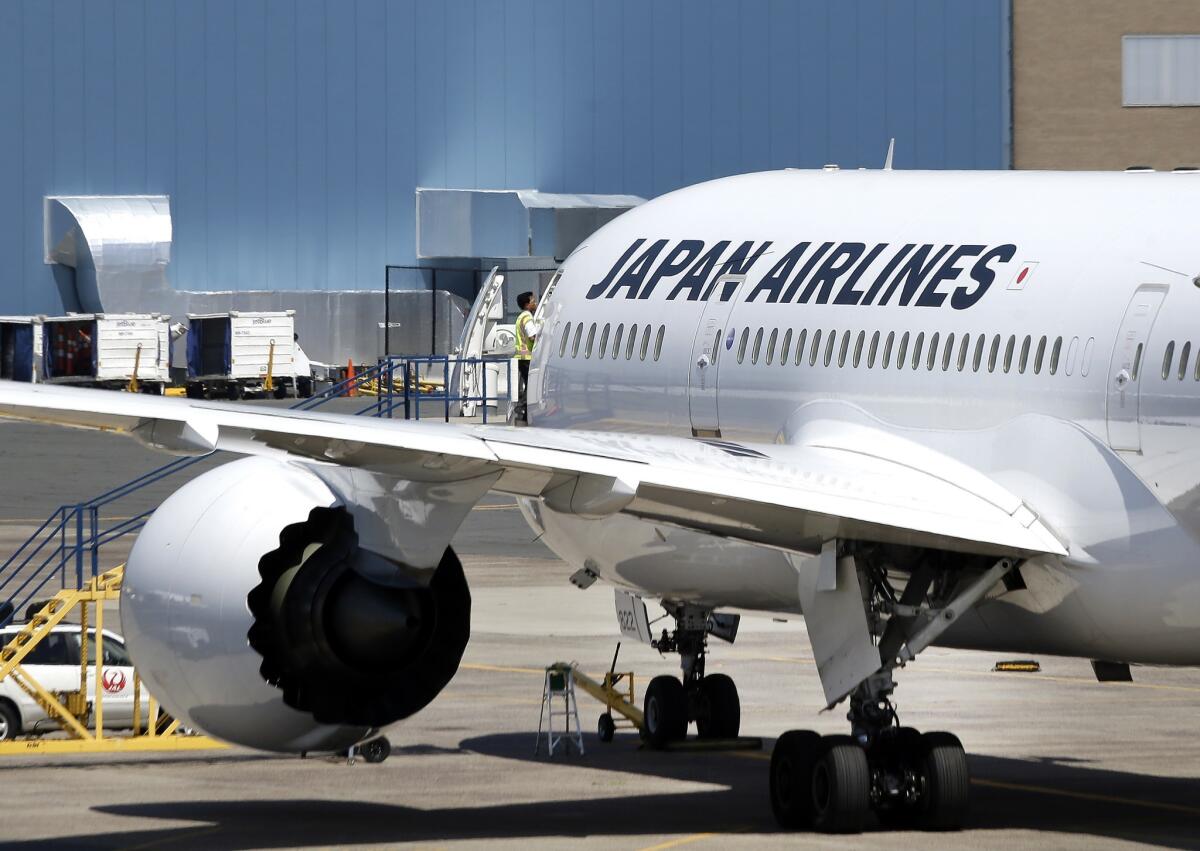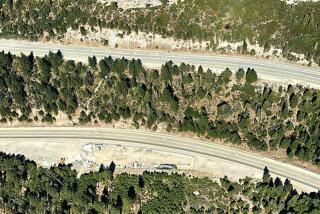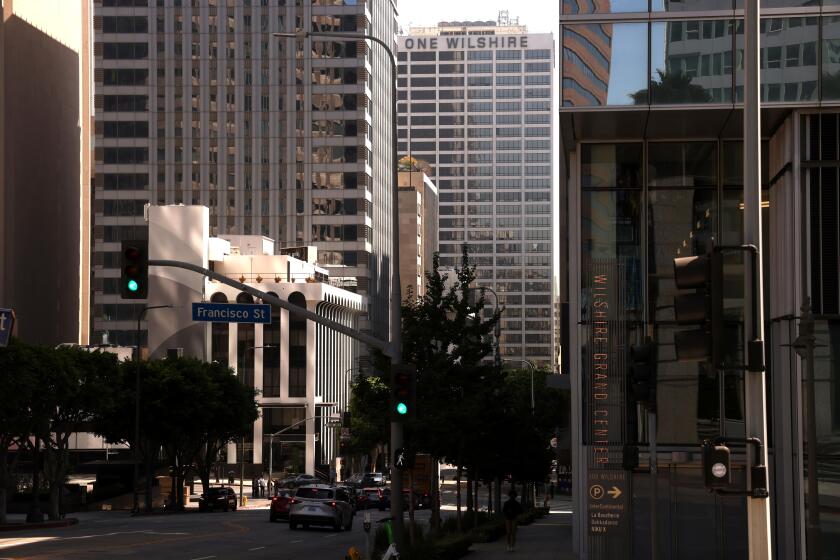Boeing probing Japan Airlines’ battery issue on 787 Dreamliner

Aerospace giant Boeing Co. is working to resolve another battery issue reported on one of its 787 Dreamliner jets when Japan Airlines discovered what appeared to be white smoke during routine maintenance work.
The lithium-ion battery system was found to be “venting” gas while the plane sat at Narita International Airport in Japan, Boeing said. No passengers were on board.
It is the first high-profile event with the problem-plagued battery system since Boeing instituted a fix on the jets last year. At the time, overheating incidents had grounded the planes around the world for more than three months.
FULL COVERAGE: Boeing’s troubled Dreamliner
The 787s that were already built had to be retrofitted with the new design, which involved insulating and spacing out parts in the battery unit and enclosing the system in stainless steel cases so that little oxygen can get to them.
It also involved a venting system for the batteries so built-up gas could escape outside the aircraft. The redesign removed any risk of a fire breaking out within the battery system, Boeing said.
The incident Tuesday conveys that “the improvements made to the 787 battery system last year appear to have worked as designed,” Boeing said. “We sincerely regret any impact caused to Japan Airlines and are working with them to return this airplane to service.”
PHOTOS: Inside airlines’ Boeing 787 Dreamliners
This is the latest in a string of issues that the Chicago firm has faced with its flagship jet.
The 787, a twin-aisle aircraft that can seat 210 to 290 passengers, is the first large commercial jetliner with more than half its structure made of composite materials — carbon fibers meshed together with epoxy — rather than aluminum sheets.
It entered service for the first time in October 2011 for the Japanese airline All Nippon Airways.
Problems cropped up soon and culminated in January when the Federal Aviation Administration grounded all 787s after batteries on two planes overheated, with one catching fire.
PHOTOS: Boeing 787 Dreamliner takes flight
A battery fire broke out in January 2013 on a parked 787 operated by Japan Airlines at Boston’s Logan International Airport, and a second battery incident occurred less than two weeks later on an All Nippon Airways flight in Japan.
The FAA then grounded the 787s, and foreign government aviation agencies followed suit.
In March, Boeing unveiled a plan to fix the 787 battery system, which the FAA approved a month later. The company said the redesign removed any risk of a fire breaking out within the battery system.
Boeing sent kits to airlines in order to fix the plane, but also had 10 teams around the world ready to help with the installation. The fleet returned to service in April.
Then in July, a fire erupted on an empty 787 while it was parked at London’s Heathrow Airport. The blaze was eventually traced to a device called an emergency location transmitter that the FAA required airlines to inspect or remove.
In trading Tuesday, Boeing’s stock was down 69 cents, or .5%, $140.01.
ALSO:
Airbus names new chairman, CEO for U.S. unit
Virgin Galactic spaceship hits new heights in supersonic flight
Airbus has record year in aircraft orders while trailing Boeing in deliveries
More to Read
Inside the business of entertainment
The Wide Shot brings you news, analysis and insights on everything from streaming wars to production — and what it all means for the future.
You may occasionally receive promotional content from the Los Angeles Times.











